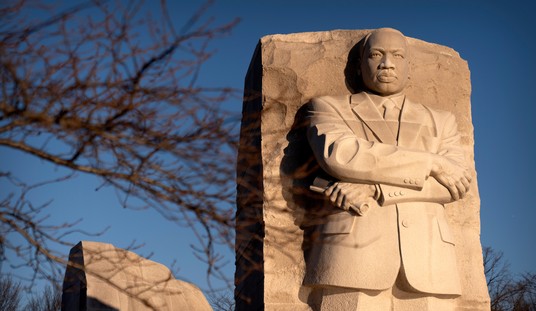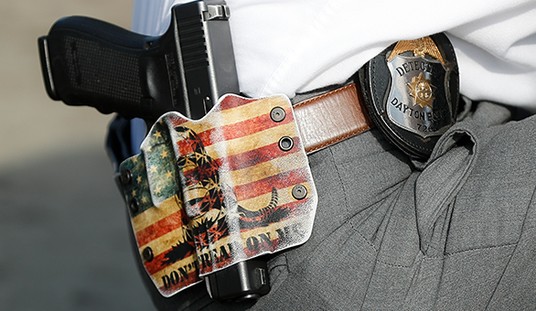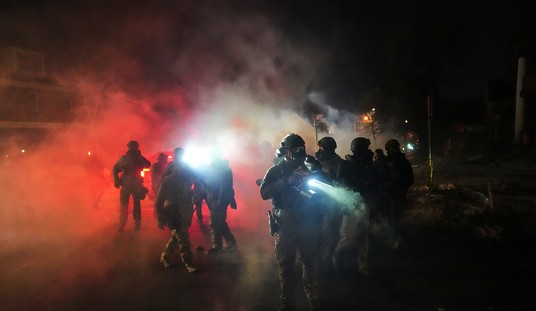A California lawmaker introduced an interesting piece of legislation this week. While the bill could be labeled a form of gun control, it’s different from the state’s previous gun laws in its intent.
Rather than ban another firearm, restrict ammunition purchases, or make it harder for Californians to exercise their Second Amendment rights, the proposed legislation’s goal is to reduce the number of suicides by preventing those who may be suicidal from purchasing a firearm. The catch – and potential cause of concern – lies in how they are stopping the purchases. Preventing people who are thinking about committing suicide from buying a gun sounds good in theory, but will the proposed law actually reduce the number of deaths?
Here’s more from U.S. News:
SFGate reports that the bill from Assemblyman Rob Bonta, D-Oakland, would allow people who fear they are at risk of suicide to anonymously and confidentially submit their names to the state office that conducts background checks for firearm purchases, in order to prevent themselves from purchasing a gun.
Gun suicides claimed 1,051 lives in 2015 in California, according to Bonta’s office, which cited statistics from the Centers for Disease Control and Prevention.
Additionally, despite a 10-day mandatory waiting period in the state, a study found that Californians are 57 times more likely to commit suicide in the first week after purchasing a gun, according to a statement on Bonta’s website.
Rather than having a doctor tell the government that an individual should not own a firearm or have a judge decide an individual is “considered likely to harm themselves,” this bill would allow people to give up their Second Amendment right willingly.
One of the main problems of combatting depression and suicide is that an individual can be struggling with them and no one would know otherwise unless signs become apparent and someone asks the important, yet tough, questions. Would people contemplating suicide tell the government how they felt, even though they were unwilling to seek help in another way? That may not be answerable unless the bill were to become law and the effects of the legislation are analyzed.
As an example of hidden depression, a recent celebrity death comes to mind. In July of last year, Chester Bennington, the lead singer of Linkin Park, took his life in his California home (and not with a gun). Days before his death, Chester appeared to be happy and enjoying life with his family. No one expected a thing, and his passing devastated his friends and family, as well as the music industry.
This was days b4 my husband took his own life.Suicidal thoughts were there,but you'd. Never kmow. #fuckdepression pic.twitter.com/2IPXxXJxmT
— Talinda Bennington-Friedman (@TalindaB) September 7, 2017
To elaborate on the law, U.S. News continues:
Once a person submits their name to the state’s background check system, the office would notify licensed gun dealers that the person is prohibited from legally buying a firearm, SFGate says. Through a process involving a court hearing, a person may have their name removed from the list upon showing they are no longer a danger to themselves.
In other words, the person forgoes their constitutional right, and if they receive treatment for their depression and suicidal thoughts, they will have to prove they are no longer a harm to themselves to get that right back. That’s the danger of sacrificing rights, no matter the reason.
The law may be well-intentioned, but it may be tough to sell the idea that those struggling with suicidal thoughts will tell the government about it. Secondly, even though a gun may be out of the picture, sadly, it doesn’t mean the suicide won’t occur. The potential for tragedy isn’t averted. Lastly, the legislation, again, appears to regulate a tool rather than help the person overcome the cause of their despair. The person can give up their right, but that doesn’t help that person’s inner turmoil.
Would the government somehow mandate counseling to help that individual further? The left-wing organization known as The Coalition To Stop Gun Violence may answer that question. Its website states, “CSGV is committed to pursuing policies that reduce access to deadly weapons and ensure those in crisis get the help they need without stigmatizing those who live with mental illness.”
Steps should be taken to prevent those who are suicidal and mentally ill from obtaining firearms. Proponents of the Second Amendment endorse that position. Though this legislation doesn’t hurt law-abiding gun owners and is left up to every individual, asking people to self-report and jump through hoops to get their right back seems far-fetched. But I would be happy to be proven otherwise.
If you would like to know more about suicide prevention, visit the National Institute of Medical Health’s website.








Join the conversation as a VIP Member